Emerging understanding of the clinical course of COVID-19 may enable a better understanding of fibrosis in the lung. Future learnings may eventually be applicable to IPF and require new approaches to drug development.
Reversing fibrosis and restoring lung function has been an aspiration for the treatment of patients with interstitial lung disease (ILD) but the focus and success to date has been on preventing or delaying progression of fibrosis. The primary pathophysiological driver, both in IPF as well as in lung fibrosis associated with systemic sclerosis, is unknown, and this is why successful drug development programs so far were only capable of slowing fibrotic remodelling. This should not be underestimated though, as it comes with slowing of the functional decline in respiratory capacity, which is an important endpoint for patients. Contrast this for example to the situation in NASH, where at least some of the drivers are known (e.g. lipid overload or chronic inflammation), and inhibiting the driver may allow for the liver tissue to regenerate.
Covid-19 and IPF
Emerging understanding of the clinical course of COVID-19 may enable a better understanding of fibrosis in the lung, with learnings that may eventually be applicable to, for example, IPF. Emerging data suggest that frequently, after more severe courses of COVID-19, patients have significant lung fibrosis which developed relatively quickly during the infection, but then appears to become non-progressive. The absence of an ongoing driver of fibrosis progression may allow a cleaner approach to, so far elusive, pure antifibrotics. Arguably, it is likely that the effect of these would be more difficult to detect in diseases such as IPF, where the profibrotic processes continue throughout the course of the disease.
Looking forward
Both for patients after COVID-19 as well as ILD patients, the identification of therapies that reverse fibrosis will become increasingly important. This will require the identification of new pathways and there may be much to learn from indications such as NASH. Additionally, the development of new research tools that allow to prosecute new targets or validate repurposing of existing therapies will be key to success.

